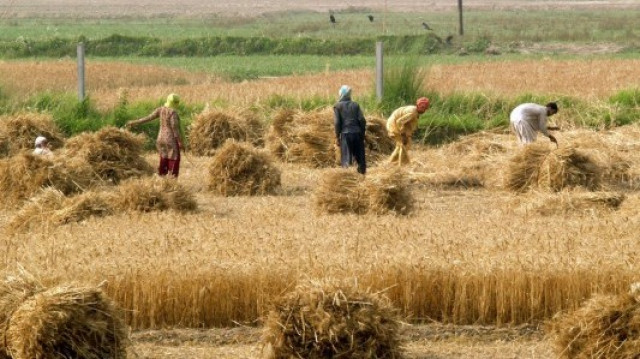The loss of the word rural deprives a large and important element of the country of a name. Ingenious efforts have been made to avoid the word rural for example ‘non-metropolitan,’ ‘non-urban,’ ‘regional city’ and even ‘micropolis.’
Disappearance of the word rural is a case of urban imperialism. If nothing out there is noteworthy of a name then it becomes a place to play in, play with, override, and destroy at will. This imperial view provides silent justification for the imposition of regional governments on small communities as well as the closing of rural schools, community centres and hospitals. Thus, too, the plight of the isolated, poor and aged can be disregarded and democratic right of small communities to plan and direct their own development can be snatched.
The city and its environs are interlaced and integrated on many levels, but the flow is one way. The power, economic and political, is held in the urban centre. There is even an ideology of equality justifying regional controls. The regional school authorities must believe their system is designed to serve every child alike. It is called standardisation. In practice, this is a form of discrimination exercised against those who are different. The itinerary is littered with obstacles for anyone attempting to define rural and to establish its distinctiveness.
Words used instead of rural contain assumptions and overtones of cultural urban imperialism that have the effect of extinguishing rural community life, for they offer an ideological justification for administrative arrangements that commit violence against creative citizenship and local autonomy. It leads to power falling into fewer hands. It depletes human spirit and destroys community. The disappearance of this word is indicative of a tendency to ignore a large sector of population; the resurgence of the word could symbolise the regeneration of community life in small places across the world.
Rural life in farms and villages is in crisis among the industrialised nations of the world as well as the developing countries. In Pakistan, the transformation of rural life has resulted in the loss of intimate relationships, loss of honour, the disappearance or decline of countless villages, and the growth of others caused by the influx of new residents, resulting in tension between them and the old-timers. In many rural settlements the criteria of common interest as a bonding force in uniting people of common residence is not easily identified. Though people occupy a common space, their work, shopping, and social life carry them abroad, reducing the frequency and intensity of contact with others who live nearby hence losing the basic elements of what makes a community.
The old rural community is gone
In fact, the concept of community has disappeared. Thousands of small places have been obliterated in every province, but they are nonetheless part of our rural heritage. They can provide the foundation of a new rural community, not only a possible physical restoration of buildings but a creative community, in the country as well as in the city. We can struggle to realise a time when people would know and care for one another, when land and natural surroundings would be respected and when people would reassert the right to control their daily lives and protect their environment.
Disappearance of the word rural



COMMENTS
Comments are moderated and generally will be posted if they are on-topic and not abusive.
For more information, please see our Comments FAQ